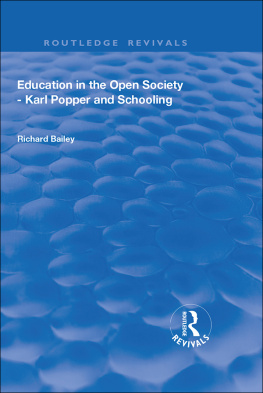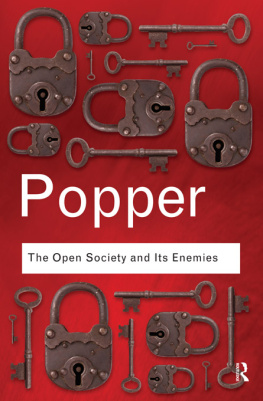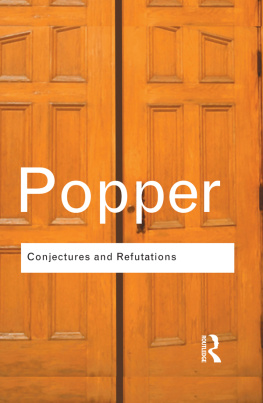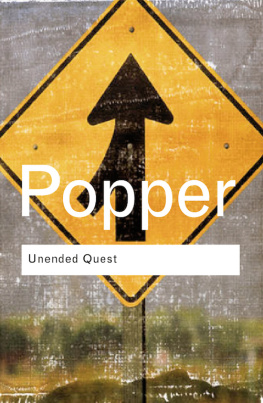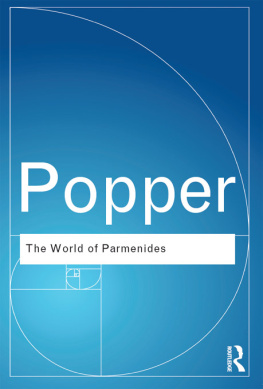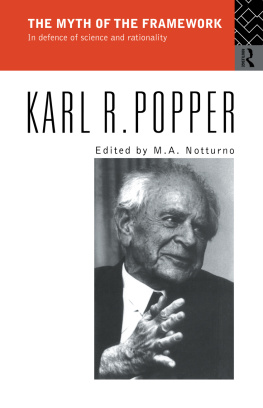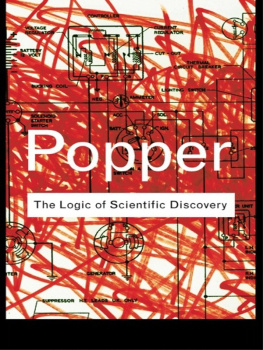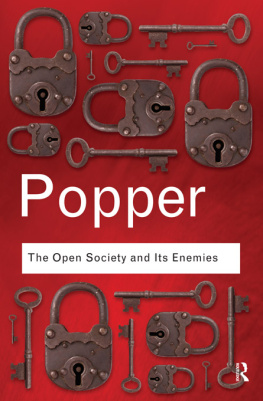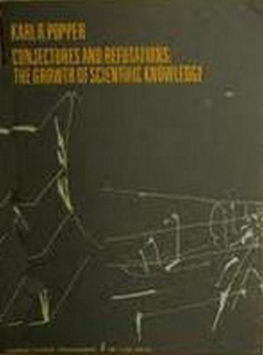First published 2000 by Ashgate Publishing
Reissued 2018 by Routledge
2 Park Square, Milton Park, Abingdon, Oxon OX14 4RN
711 Third Avenue, New York, NY 10017, USA
Routledge is an imprint of the Taylor & Francis Group, an informa business
Copyright Richard Bailey 2000
All rights reserved. No part of this book may be reprinted or reproduced or utilised in any form or by any electronic, mechanical, or other means, now known or hereafter invented, including photocopying and recording, or in any information storage or retrieval system, without permission in writing from the publishers.
Notice:
Product or corporate names may be trademarks or registered trademarks, and are used only for identification and explanation without intent to infringe.
Publishers Note
The publisher has gone to great lengths to ensure the quality of this reprint but points out that some imperfections in the original copies may be apparent.
Disclaimer
The publisher has made every effort to trace copyright holders and welcomes correspondence from those they have been unable to contact.
A Library of Congress record exists under LC control number: 00134810
ISBN 13: 978-1-138-74140-9 (hbk)
ISBN 13: 978-1-315-18287-2 (ebk)
Contents
I would like to thank all those individuals and institutions who have contributed to the development of this book. Many people have given their time and energy; sadly, too many to mention.
I wish to express my gratitude to the students and staff at the Universities of Sunderland, Durham and Reading, and Canterbury Christ Church College, for discussing aspects of this study over a period of years. I would like to thank Dr Steve Farrow and Dr George Shield, at the Universities of Durham and Sunderland, respectively, for patient doctoral supervision, and recent colleagues in the University of Readings School of Education, especially Tony Macfadyen, Mike Osborne and Russell Jago, for creating such a wonderful working environment.
Klaus Lffler provided invaluable help with the translation of German sources. He and Sara Nyemann, also provided much needed comfort and true friendship.
I have no doubt that this book would not have been attempted, let alone completed, were it not for the encouragement and support of Dr Joanna Swann of Massey University, New Zealand. Invaluable support has also been given at different times by Professor Steven Mithen (University of Reading), Professor Tyrrell Burgess (University of East London), Professor Arne Petersen (University of Copenhagen), Professor Richard Pring (University of Oxford), Professor Paul Croll (University of Reading), and Professor James Tooley (University of Newcastle).
Sir Karl Popper was very generous with his time and kind in his encouragement. He patiently discussed his work with me over the telephone and at his home. He taught that knowledge grows through critical discussion. Although he may have taken issue with some of my interpretations of his work, I hope that he would have accepted the spirit in which they are offered.
Finally, I would like to acknowledge the enormous debt I owe to the members of my family, for their support and encouragement. Love and thanks.
Referencing
Due to the nature of this study, certain texts are referred to with some frequency. In order to avoid tiresome repetition, abbreviations are used to represent the most cited sources. They are listed below. Full references for these and all other cited texts are included in the Bibliography.
CR | Conjectures and Refutations |
IA | Intellectual Autobiography, in The Philosophy of Karl Popper (ed. Schillp) |
LdF | Logik der Forschung |
LSD | The Logic of Scientific Discovery |
OK | Objective Knowledge |
OSEi | The Open Society and its Enemies volume 1 |
OSEii | The Open Society and its Enemies volume 2 |
PH | The Poverty of Historicism |
RC | Replies to my Critics, in The Philosophy of Karl Popper (ed. Schillp) |
SB | The Self and its Brain (with Eccles) |
ZMD | Zur Methodenfrage der Denkpsychologie (Poppers doctoral dissertation) |
Details of publications refer to editions consulted, and are not necessarily the most recent.
Gender-specific language
The normally thorny problem of whether to use he, she or the ugly s/he, as an indefinite pronoun is resolved in this book in the following way: Popper, a male, figures heavily in the text; therefore, if only for variety, unspecified teachers, children or others are always assumed to be female. I hope this opt-out is not too distracting to the reader.
I state my case, even though it is only part of the truth, and I would state it just the same if I knew it was false, because certain errors are stations on the road to truth. I am doing all that is possible on a definite job at hand. (Robert Musil)
The new central question, How do you improve your guesses? Will give enough work for philosophers for centuries; and how to live, act, fight, die, when one is left with guesses only, will give more than enough work for future political philosophers and educationalists. (Imre Lakatos)
Poppers philosophy has been a missed opportunity. It was, until just very recently, forbidden in the Soviet Union. And it continues to be widely misunderstood and misrepresented in England and the United States. It is, first and foremost an attempt to construct a non-authoritarian theory of science and society. (Notturno, 2000, p.xviii)
Conjectures and Refutations
Before his death in 1994, Sir Karl Popper had become widely recognised as one of the most important and influential philosophers of the Twentieth Century. He studied and published on an enormously wide range of subjects, including the philosophy of science, the philosophy of mathematics, political and social theory, ancient history, and music. While there has been a general resistance to his approach in academic philosophy, his influence has increased further as theorists and practitioners from numerous fields, have attempted to apply a Popperian approach to their own concerns. For example, the notable art historian, Ernst Gombrich, acknowledged his debt to Popper (Gombrich, 1958, p.ix), as did the Nobel Prize-winning immunologist, Peter Medawar (1991, pp.91-101), the theoretical physicist, Stephen Hawking (White and Gribbin, 1992, pp. 102-3), and members of all political parties in Germany (Spinner, 1978). When a national newspaper asked distinguished writers and thinkers to name the greatest and most influential books published over the last half century, the most frequently cited philosophical book was Poppers The Open Society and its Enemies (Sunday Telegraph, 1994, p.8). Magee (1973, p.14) summed the position, thus: few broad areas of human thought remain unilluminated by Poppers work; while in technical controversies in sociology, probability theory, the interpretation of the pre-Socratic philosophers of Ancient Greece, and quantum physics, he is an important figure.

